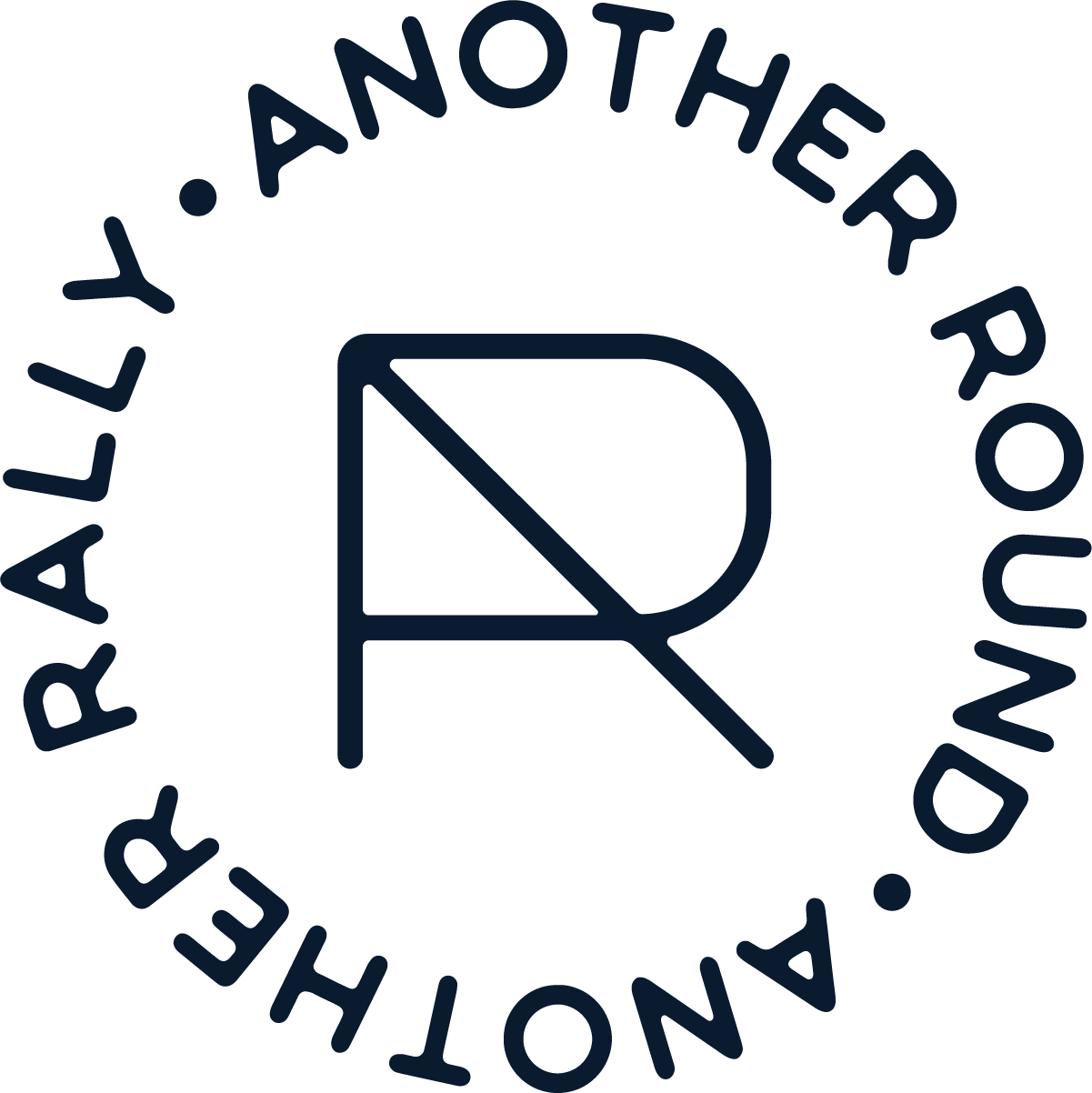It was a lovely Friday evening when life changed for New Jersey liquor rep and bartender Nick Tango. On March 20th, 2020, Nick received official word that yes, he had tested positive for the novel coronavirus known as COVID-19. And he was relieved.
Relieved? Should someone who contracted a potentially life-threatening virus not be scared or angry or at the very least, concerned about his diagnosis? The answer is that Nick did feel all of those emotions, only they were not aimed at his health status, but instead towards the failure of the US medical system at large and state and federal governments’ downplaying of the pandemic.
By the time Nick’s results came back “positive” for COVID-19, it had been eighteen long days since he had attended a wine and spirits trade show in New York City on March 2nd where he shook hands and socialized with hundreds of attendees from around the world, including virus “hot spots” like Spain and Italy. Initially, Nick knew that his public-facing job could potentially put him in contact with people infected with COVID-19 at the conference, and that more and more cases of COVID-19 were being reported in Manhattan and surrounding boroughs. But federal and state agencies did not seem concerned about large gatherings being a general health risk, so he went. Besides, what germs could withstand a few shots of the artisanal, high-proof rum he sold?
And then, it happened. Two days after the trade show, Nick registered a fever of 103.5° F. He was worn out and foggy headed. He never had the tell-tale chest pressure or cough, but a little voice inside told him that something was very wrong. On one hand, he was a hard-working businessman that did not want to miss appointments with clients over a little “bug”. On the other hand, how could he ethically continue showing up to work if he was infected with COVID-19? And, oh yeah, he did have health insurance like a grown-up, so he resolved to be proactive and take control over his situation. If only it had been that simple.
Normally, Nick was a man with a sparkling grin, a serious mustache and a passion for fine-quality alcoholic beverages. But Nick’s jovial personality had turned cynical and depressed from facing obstacle after obstacle just to do the right thing and get a certified diagnosis, positive or negative. He visited three medical centers in five days. The first was an urgent care and was not equipped to test for COVID-19. The second was a hospital ER that tested him for everything except the novel coronavirus since they too did not have access to those tests, and where the presiding physician gave him a gloveless handshake and a clean bill of health. The third was a different ER that finally took Nick’s situation seriously after he returned to work and his condition deteriorated into more alarming symptoms. He took two rounds of COVID-19 tests (the first results were “lost”) and waited day after day as his results were delayed multiple times over. Meanwhile, he (and his wife, Libby) had self-isolated at home for almost two weeks while Nick battled high fevers and the physical and emotional exhaustion of an unidentified illness. And as his body started to recover, some friends and family questioned Nick’s sincerity, even doubting that he had ever been as sick as he claimed since there still was not any medical “proof” that he was positive for COVID-19.
It was 2020. How could doctors and hospital staff have such a shocking lack of knowledge of how to reliably diagnose and manage a virus that, at the time, the United States Center for Disease Control stated was not a national threat? Most of the medical personnel that Nick spoke with throughout his experience were apologetic about the convoluted process. After all, they were as confused about COVID-19 as he was. But Nick was disillusioned after being repeatedly prescribed information that was either incomplete or that contradicted established advice for containing the virus. He called hospitals again and again for his test results, and even contacted his local legislator’s office, Senator Vin Gopal, who tried to intervene on Nick’s behalf. Eventually, the persistence, charisma and professionalism that made him a good liquor rep paid off.
Once it was confirmed that he has contracted COVID-19, Nick took to social media and shared his story on Facebook (https://www.facebook.com/nick.tango.7/posts/3873222696028752). Hundreds of people liked his post with many reposting it. He continues to receive numerous friend requests from strangers who have been denied official COVID-19 testing and are desperate to get advice from someone who has lived to tell his tale. Nick replies with empathy and encouragement, but also a reminder that he is not a licensed physician.
Now, with his health and positive attitude back, Nick wants to focus on moving forward. He is grateful to still have his job when so many, including his wife, are suddenly out of work. He is cautious about the future and uncertainty of the service industry as a whole. It is a trade that depends on face-to-face customer interactions, in close-quartered environments, and physical contact with glassware, cash, shared surfaces and, let’s be honest, bodily fluids. Business as usual will have to evolve in order to survive. And that is exactly what Spiribam, the company Nick represents, is doing.
As a response to the COVID-19 crisis, Spiribam is promoting the humanitarian efforts of the rum distilleries that it represents and distributes. Rhum Clément and Rhum J.M., both on the Caribbean nation of Martinique, have ramped up their production of biodegradable, 5-liter bags-in-a-box of hand sanitizer (a by-product of the distillation process) to be distributed free of charge to medical workers, military personnel, police officers and firefighters the island. On nearby St. Lucia, its distillers Admiral Rodney, Bounty Rum, and Chairman’s Reserve have increased the volume of free hand sanitizer that they have always provided to hospitals, assisted living facilities, and fire and police departments. And to ensure that no one on the island goes without, they are selling sanitizer at cost to retail stores.
Lastly, Nick is promoting the monthly Spiribam Challenge. For every crafted cocktail that uses a Spiribam product and is posted, tagged and hash-tagged #spiribamchallenge on Instagram, the company donates $25.00 to Another Round Another Rally. Winners get a swag bag and are entered for a trip for two to visit the distilleries on Martinique and Saint Lucia (once we are all out of quarantine, of course).
And what does Nick’s protective mask look like? He has a Halloween-style, rubber horse head because as he puts it, he’s “not horsing around anymore.”


